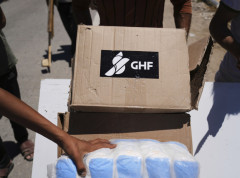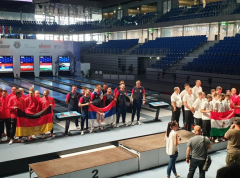Vladimir Gortan was a prominent Istrian anti-fascist and Croatian nationalist of the interwar period, known for his activities aimed at annexing Istria to Croatia and resisting Italianization. He was a member of the organization Tigrovi, which protested against the Italianization of Istria. During a protest in 1921, Gortan was arrested and sentenced to death, and was killed by Italian fascists on October 17 of the same year. His death and legacy became a symbol of resistance to fascism in Istria, and many streets and squares in Croatia and the region bear his name today.
Political Perspectives:
Left: Left-leaning sources emphasize Vladimir Gortan’s role as an anti-fascist hero and symbol of resistance against oppressive Italian fascist policies in Istria. They highlight the brutality of the fascist regime and the importance of remembering Gortan’s sacrifice in the fight against fascism and for Croatian national identity.
Center: Center-leaning sources present a balanced historical account of Vladimir Gortan’s activism and death, focusing on the factual events of his protest against Italianization and subsequent execution by fascists. They acknowledge his symbolic status in Croatian history without strong ideological framing.
Right: Right-leaning sources emphasize Gortan’s Croatian nationalism and his fight for the annexation of Istria to Croatia, portraying him as a patriotic figure who resisted foreign oppression. They may also stress the importance of national pride and the legacy of Croatian heroes in the face of historical adversities.




























